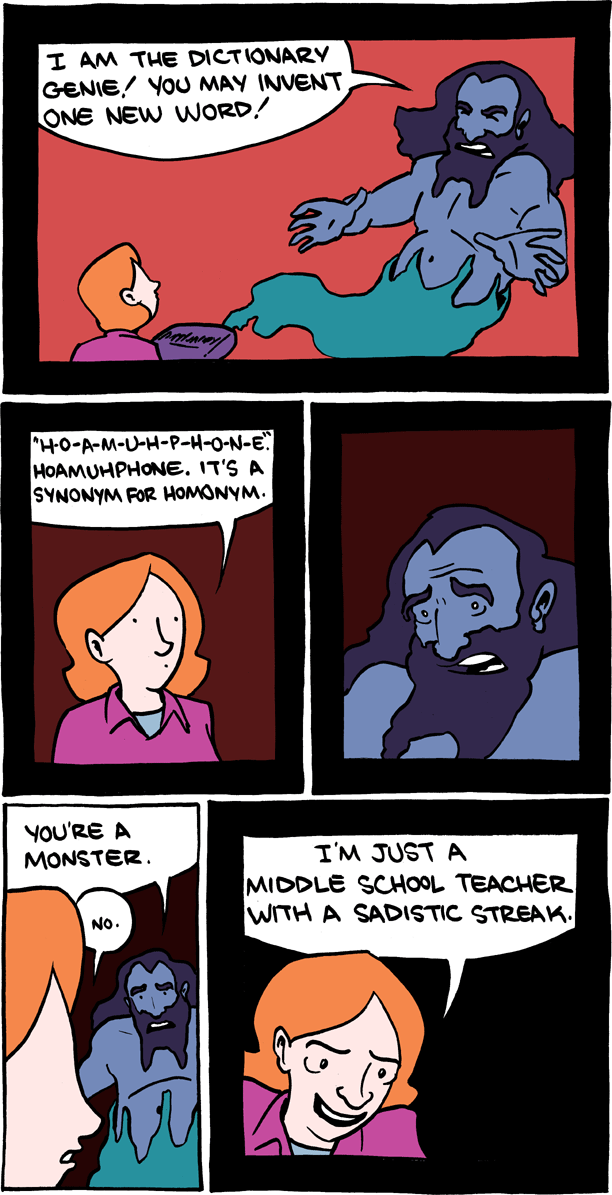What does it take for a book to connect with teen readers, and can you teach those books in the classroom? At Slate, Jessica Roake says: “Young readers need a new coming-of-age classic, a book that has yet to be discovered and co-opted by the culture,” because apparently JD Salinger’s classic The Catcher in the Rye just doesn’t do it for teen readers anymore.
I don’t want to argue that The Catcher in the Rye is still what Roake wishes it were–a novel that’s ‘cool,’ that gets passed from reader to reader and deeply affects students. But I think she forgets that English classes aren’t always about reading on your own and discovering books. Most teachers have to work from a syllabus, make students write essays, and analyze metaphors.
A heads up: this is not fun. This is not adventure reading.
Not to say English class can’t be an excellent place to discover literature. I remember diving into The Great Gatsby and being surprised at how awesome it was. But there’s also an aspect of work to it. You’re not allowed to discover the book in our own way because, most often, the teacher is working to make sure the entire class understands the text. It’s a totally different setting than discovering a thrilling and controversial book on your own.
My own Catcher in the Ryeexperience was a good one. I had a fantastic English teacher who didn’t shy away from the book’s racier aspects. (Our final essay was an analysis about the use of “fuck you” in the last few chapters.) I thought a lot about what it meant to save your essential innocence in a world determined to destroy it. I’m really glad I read it in a classroom setting that pushed me to analyze the book.
But I think Roake has a good point–The Catcher in the Rye isn’t a surprise in the same way it was when it was first published. We all know about Holden’s angst and the novel’s use of swears and sex (which are pretty tame compared to what you see on tv). And that’s okay. I don’t think you need to say “we should get rid of it in English classes because it’s not a secret powerful read anymore.” I think it’s still an enormously valuable text and can lead students to a lot of other books–especially YA novels like The Fault in Our Stars, Speak, Story of a Girl, etc. Roake’s suggestion of Black Swan Green sounds awesome, too.
Basically, we should open up syllabi to different and unexpected books. You never know what’s going to connect with students. But I don’t think that should come at the expense of rejecting older works because students already know about them. Students can find something in The Catcher in the Rye or Black Swan Green or Hamlet or Antigone.


